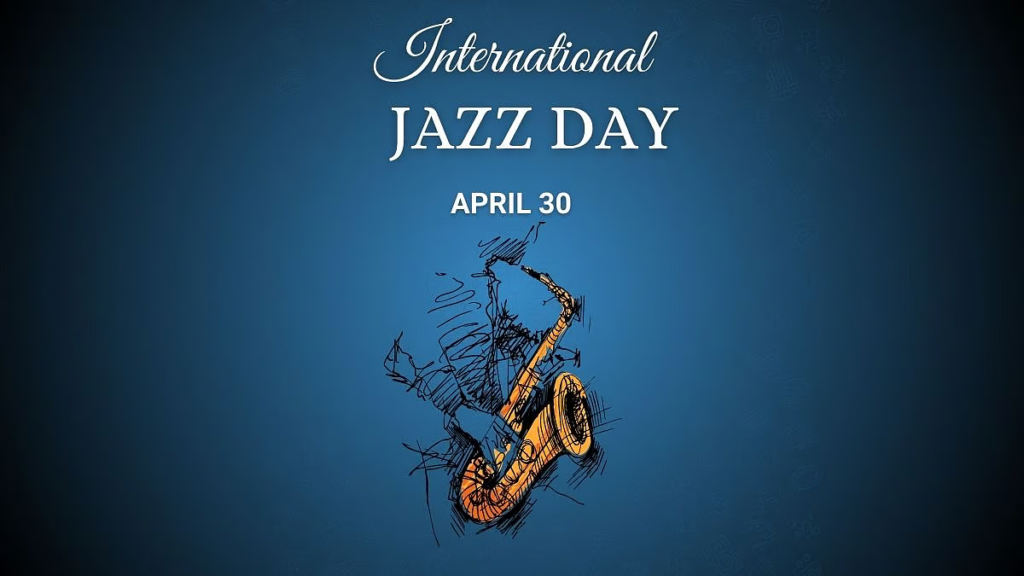
Table of Contents
- Introduction
- The Birth of a Revolution
- Jazz as the Original Rule Breaker
- The DNA of Modern Music
- Genres Jazz Helped Shape
- Improvisation: A Legacy That Lives On
- From the Streets to the Studio
- The Future Carries the Tune
- Final Thoughts: Echoes That Don’t Fade
1. Introduction
When most people think of jazz, they imagine smoky clubs, swaying double basses, and horn solos that seem to bend time. But jazz is far more than a nostalgic soundtrack—it’s the heartbeat of modern music.
Whether you listen to hip-hop, pop, R&B, funk, or even EDM, the fingerprints of jazz are everywhere. It’s not just a genre—it’s the spirit of innovation, freedom, and fearless creativity that continues to shape soundtracks across the globe.
2. The Birth of a Revolution
Jazz was born in the early 20th century in the cultural melting pot of New Orleans. Rooted in African rhythms, spirituals, blues, and European harmonics, it didn’t just break musical rules—it rewrote them.
It gave voice to a generation longing to be heard. And in doing so, jazz sparked a revolution that didn’t stop at vinyl—it ignited the future.
3. Jazz as the Original Rule Breaker
Before jazz, music followed predictable paths. But jazz refused to walk a straight line. It danced with syncopation, experimented with chord progressions, and introduced the world to improvisation—a practice that still fuels music production today.
Every bold artist who dares to defy convention—be it in lyrics, sound design, or rhythm—owes something to jazz.
4. The DNA of Modern Music
Jazz isn’t just a grandfather of music genres—it’s the genetic code behind them. Its influence seeps into structure, harmony, phrasing, and groove. Let’s break it down:
- Rhythmic innovation: Offbeat syncopation in jazz paved the way for funk, hip-hop, and trap beats.
- Extended harmonies: Pop and neo-soul artists borrow jazz chords to add emotional depth.
- Sampling and looping: Hip-hop producers sample jazz for its texture, complexity, and cool confidence.
- Improvisation: Live performances and studio sessions alike channel jazz’s unscripted energy.
5. Genres Jazz Helped Shape
Here are a few genres and how jazz shaped them:
| Genre | Jazz Influence |
| Hip-Hop | Sampling of jazz records, freestyle flows inspired by improvisation |
| R&B / Neo-Soul | Complex chord structures, smooth phrasing, and lush instrumentation |
| Funk | Rhythmic syncopation and jam-style arrangements |
| Rock | Early rock pioneers borrowed jazz’s bold brass and rhythmic drive |
| Electronic | Artists like Flying Lotus and Thundercat blend jazz theory with digital innovation |
6. Improvisation: A Legacy That Lives On
Improvisation is the soul of jazz—and today, it lives on in freestyles, jam sessions, remix culture, and spontaneous studio magic.
When an artist like Anderson .Paak riffs in the middle of a live show, or when a beat is built from scratch in a bedroom studio in Berlin, that’s the spirit of jazz talking.
Improvisation isn’t just a technique—it’s a way of thinking, of trusting instinct, of creating something real in the moment.
7. From the Streets to the Studio
Jazz started on the streets—played in parlors, porches, and parades. But its journey didn’t end there. It moved into elite music schools and high-end recording studios, influencing everyone from Miles Davis to Kendrick Lamar.
Albums like “To Pimp a Butterfly” are a direct line from bebop to modern consciousness. Producers are layering jazz textures into trap beats, R&B singers are riffing like Coltrane’s horn, and pop melodies bend in ways that jazz made possible.
8. The Future Carries the Tune
Young artists aren’t just borrowing from jazz—they’re reviving it, reinventing it, and remixing it. Artists like Jacob Collier, Robert Glasper, Esperanza Spalding, and Tom Misch are blending genres in ways that feel futuristic yet familiar.
They don’t see boundaries between jazz and other styles. And that’s the jazz influence in action—open-ended, evolving, and endlessly creative.
9. Final Thoughts: Echoes That Don’t Fade
Jazz may have started over a hundred years ago, but its influence is louder than ever. It’s in the keys of a pop piano ballad, the swagger of a hip-hop verse, the layering of an R&B harmony. It’s in the freedom artists feel when they create without rules.
Jazz matters because it taught the world how to break free—and how to make beauty out of chaos.
So the next time you press play on your favorite track, listen a little deeper. You just might hear the echo of a trumpet, the spirit of a jam session, the trace of jazz—still whispering through every beat.

